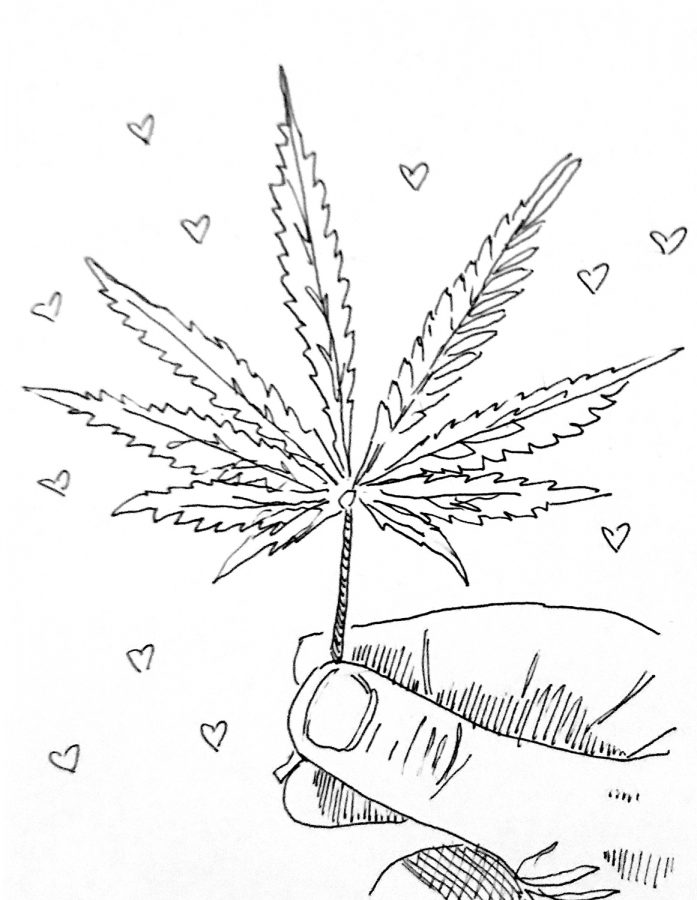Decriminalizing drugs lessens addiction and incarceration rates
April 24, 2019
We should decriminalize drugs in the U.S. in order to combat our massive addiction problems and decrease mass incarceration.
Since the days of Prohibition, the U.S. has learned that outlawing drugs or other substances will not stop people from using them.
Today, politicians talk about legalizing cannabis, but that might just be the start of an even bigger mission: decriminalizing drugs altogether.
To be clear, decriminalizing drugs does not mean legalizing drug use. Rather, decriminalizing drugs reframes drug possession and use as a health issue rather than a criminal one.
It’s no secret that substance abuse is a huge problem in the U.S. In Vermont especially, addiction to opioids and other drugs have hurt communities and created a public health crisis no one seems to be able to solve.
People tend to characterize the addicted as a small part of the population who made the choice or were predisposed to drug addiction.
These negative assumptions are not accurate: 46% of U.S. adults say they have a family member or close friend who is addicted to drugs or has been in the past, according to an October 2017 Pew Research article.
One example of decriminalization working well that we often hear about is Portugal. Portugal’s problems with addiction in the 1990s led to the largest outbreak of HIV in the European Union, according to a June 2015 Washington Post article. By 2001, the government decided decriminalization was the only solution.
Today, Portuguese laws treat selling and distributing drugs as a criminal offense, but use or possession of small amounts of drugs is not a crime, according to the Foundations Recovery Network.
Instead of being arrested in the street and thrown in jail, offenders meet with counselors, psychologists or social workers to combat their addiction, according to a July 2017 Drug Policy Alliance article.
It seems like this strategy is working. According to the Foundations Recovery Network, decriminalization of drugs in Portugal cut substance abuse and addiction rates in half, and reduced violence related to drug trafficking.
It’s true that Portugal has one asset the U.S. does not: universal health care. This enables the government to provide resources like rehab facilities and social workers free of charge.
The U.S. may not have universal health care, but that doesn’t mean we’re powerless. Stricter pharmaceutical laws and and increased funding of state-sponsored rehab centers could give people the chance to fully recover.
Besides addiction, decriminalization would reduce incarceration. According to a January 2018 Drug Policy Alliance article, black and Latino people are more than 20% more likely than white people to face federal prison time for drug offenses, despite similar rates of use.
This disparity is due to both misguided drug laws and harsh sentencing requirements. Though decriminalizing drugs would not solve racial profiling, it would keep those who committed minor drug offenses out of jail.
This would benefit all those accused of petty drug crimes, regardless of race. In addition, it would create a path of healing rather than a path of punishment for those who are addicted.
We need to recognize that drug addiction is a disease, not a choice. Those who are addicted are our friends, family and neighbors, not criminals.
Furthermore, the U.S. can’t continue with the same drug policy we’ve had for the past 40 years and expect new results.
Drugs and addiction are public health issues. It’s time we treated them as such.









